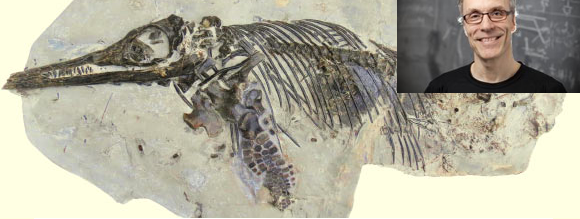From the early days of quantum mechanics, leading physicists were concerned about the role played by probabilities and the unphysical nature of the quantum jumps and the collapse of the state of quantum systems subject to measurement. Erwin Schrödinger tried to dismiss these problems by declaring that quantum theory applies exclusively to large ensembles of particles, and that these are governed by mean values and absent of randomness. As late as 1952, Schrödinger thus claimed the very idea of experiments with single quantum particles to be “as absurd as the one of raising Ichtyosauria in the Zoo”.
A variety of single quantum systems are now routinely subject to experimental investigation in the laboratory, and their random jump behavior may even benefit their applications in crucial technologies such as quantum information processing and quantum metrology. In the talk I shall briefly review methods used to control and describe the behavior of these Ichtyosauria in the quantum laboratory, including recent extensions to the range of predictions made possible with the quantum formalism and their relationship to our “understanding of quantum mechanics”.


